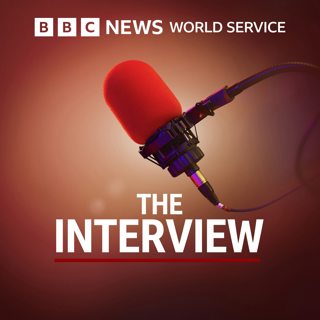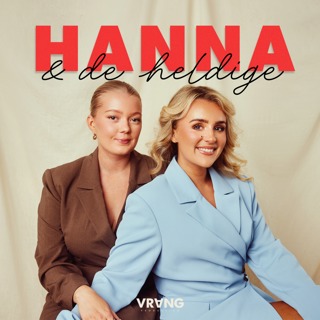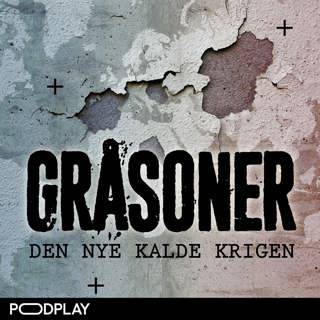
Azar Nafisi, author: Iranians are fighting for their freedom
'What the regime does to women is even if they don't kill us, when you stop a woman from being herself, stop her from speaking the way she wants to or stop her from connecting, it’s a kind of murder. ...
11 Feb 23min

Dr Aaron Motsoaledi, South African health minister: The fight against HIV/AIDS continues.
“Even though we say we want to be self-sufficient, we don't think global solidarity must be dropped. Because if it gets dropped, the world will be in trouble.”Mayeni Jones the BBC’s Africa corresponde...
9 Feb 23min

Henrique Capriles, Venezuelan opposition leader: What comes next for Venezuela?
“Most Venezuelans are thinking about the future: Will things improve? Will deep changes come? Will we reunite as a people with our history, dreams, and hopes?”BBC correspondent Norberto Paredes speaks...
6 Feb 23min

Julie Inman Grant, Australia’s eSafety Commissioner: Keep kids away from social media until they are ready
Katy Watson speaks to Julie Inman Grant, Australia’s eSafety Commissioner about the country’s social media ban for under 16s: “To keep kids away until they're ready, I think that is the monumental cir...
4 Feb 23min

Hind Kabawat, Syrian Minister: It is hard to be the only woman, I feel lonely
'It's hard to be the only woman, I feel lonely sometimes because I’d like to have another woman colleague to talk to.’The BBC’s Chief international correspondent, Lyse Doucet speaks to Hind Kabawat, S...
2 Feb 23min

Vitali Klitschko, Mayor of Kyiv: We're fighting to survive
‘We're fighting to survive in our home town, in our country, and at the same time we're fighting for our future, for our independence’Nick Robinson speaks to Vitali Klitschko, Mayor of Kyiv, about Ukr...
30 Jan 23min

Helen Thompson, professor of political economy: A new era of global power politics
“Regardless of whether it's Trump or anybody else in the White House, we should expect something quite significant to be going on in terms of the United States’ relationship with the rest of the world...
28 Jan 22min

Nicholas Opiyo, human rights lawyer: Ugandans want change
‘All they have seen is a 40-year rule that has resulted in high unemployment rates, poor services, and an increased violation of human rights. This young population is yearning to see a different pres...
26 Jan 23min





















